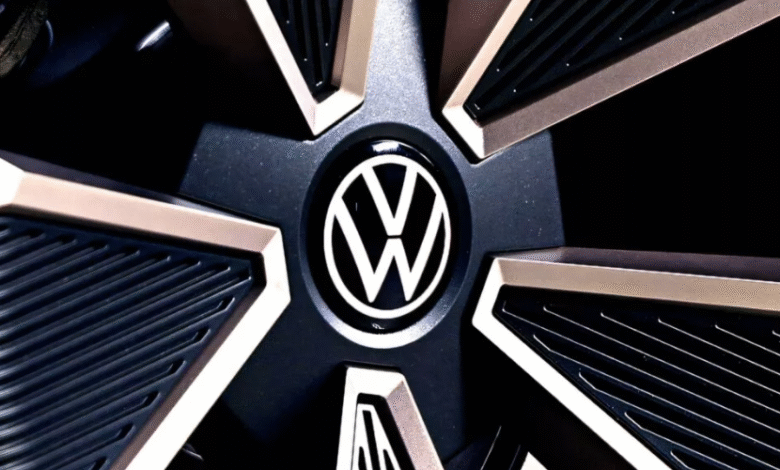Volkswagen Fires 548 Employees Amid Production Halts and Growing Internal Tensions

Volkswagen’s 2025 is shaping up to be one of its most turbulent years in recent memory. The German auto giant is now battling slowing global demand, temporary factory shutdowns, and a wave of employee dismissals that has sent shockwaves through its ranks.
According to a newly published internal discipline report, Volkswagen terminated 548 employees in the first half of 2025 for violating company policies — a sharp rise compared to previous years. Over 2,000 employees received formal warnings for misconduct, and insiders suggest that figure could rise significantly by year’s end.
A Company in Crisis Mode
The report, released every six months, paints a clear picture of growing internal friction. Unexcused absences and violations of attendance rules are reportedly the leading reasons for termination. German newspaper Bild revealed that over 300 of these dismissals occurred at VW’s six major plants in Wolfsburg, Braunschweig, Emden, Hanover, Salzgitter, and Kassel — roughly the same total number as all of 2024.
VW’s brand chief Thomas Schäfer had previously stated that absenteeism alone costs the company around €1 billion ($1.17 billion) each year. To combat this, VW’s HR department recently issued a stern warning through the company intranet, emphasizing that repeated absences without valid justification could lead to immediate dismissal.
Production Cuts and Slowing Demand
These layoffs coincide with a sharp slowdown in EV demand across Europe and several planned production pauses at key facilities. As previously reported, Volkswagen will temporarily halt production at its Zwickau and Dresden sites — both major EV manufacturing hubs — for one week starting October 6.
Additionally, Manager Magazin reported that the Osnabrück plant, where VW produces the T-Roc Cabriolet, will also suspend operations for a week this month and implement shortened workweeks until the end of the year. The T-Roc Cabriolet itself is reportedly set to be discontinued by 2026.
These measures follow a difficult year for the company’s electric strategy, with slower-than-expected adoption of models like the ID.4 and ID.7. Industry analysts point to increased competition from Tesla, BYD, and Chinese EV startups as key contributors to VW’s current struggles.
Job Cuts Looming on the Horizon
While 548 terminations represent a fraction of Volkswagen’s 560,000-strong global workforce, the company’s broader restructuring plans are far more concerning. VW has confirmed it intends to cut up to 35,000 jobs in Germany by 2030, part of its effort to streamline operations and boost profitability in a tightening EV market.
The automaker’s new cost-cutting strategy, internally dubbed “Performance Program 2030,” will focus on automation, simplification of its vehicle lineup, and a stronger push toward digitalization.
A Silver Lining : Strong Demand for VW’s Core Models
Despite the turbulence, not all news from Wolfsburg is grim. VW is reportedly seeing strong demand for its Golf, Tiguan, and Tayron models — traditional combustion and hybrid vehicles that continue to dominate sales charts in Europe and China.
To meet rising demand, Volkswagen plans to add extra shifts at its Wolfsburg plant through the end of 2025, providing a short-term boost to production numbers and morale.
Still, as the automotive world rapidly shifts toward electrification, Volkswagen’s ability to adapt — while maintaining stability among its workforce — will be a defining test for Europe’s largest carmaker.




